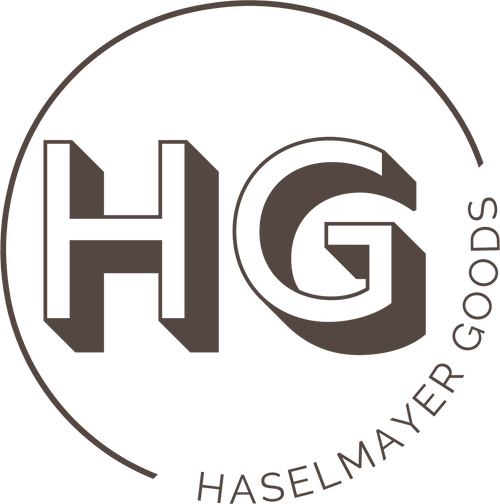FAQs
Why cotton rope-coiled proofing baskets and not rattan?
After years of using rattan bannetons, we discovered an even better material that would rid of the possibility of mold, wood splinters, and cakey linen linings. Our cotton rope-coiled proofing baskets whisk moisture away while giving your dough the structural support it needs. Even our highest hydration doughs are able to make a smooth transition from proofing basket to parchment paper without sticking, often after spending 24 hours proofing!
Is your coffee certified organic?
We source coffee beans from small, specialty coffee growers who produce traditional shade-grown coffee without the use of pesticides and herbicides.
The small farms we work with are not all certified organic due to the high cost of certification. You can see which farms have opted for the certification in the coffee description.
Is your coffee certified mold free?
Our coffee is held to a higher standard than the majority of commercial coffee, ranking 80 or above on a scale of 1-100. This coffee is considered specialty coffee, which undergoes a series of natural processes and drying periods which virtually eliminates the possibility of mold growth. Unlike large commercial coffee producers, our beans are never stored in conditions in which mold can grow.
Why is your dish soap solid?
Liquid dish soap didn’t hit the market until the 1970s. Before then, families made homemade soaps by combining fat (typically animal fat) with water and lye. A chemical reaction known as soaponification renders the end product completely lye-free. You’re left with a beautiful single-ingredient soap. On the contrary, commercial liquid soap often contains harmful chemicals such as:
- Phosphates
- Triclosan
- SLS (sodium lauryl sulfate)/SLES (sodium laureth sulfate) ...
- Fragrance
- DEA (diethanolamine), MEA (monoethanolamine), TEA (triethanolamine) ...
- Chlorine
- Formaldehyde
- Ammonia
Our soap contains one ingredient: saponified lard. Nothing else.
Why does your dish soap contain lard?
Today, the vast majority of commercial soap is made from plant oils but less than 70 years ago, soap made from animal fats was common. We believe lard soap is one of many opportunities to support regenerative animal agriculture. Instead of plant oils, which require heavy machinery and large distilleries to extract, rendered pig fat (lard) is a truly sustainable ingredient which produces a beautiful, mild yet sudsy soap.


